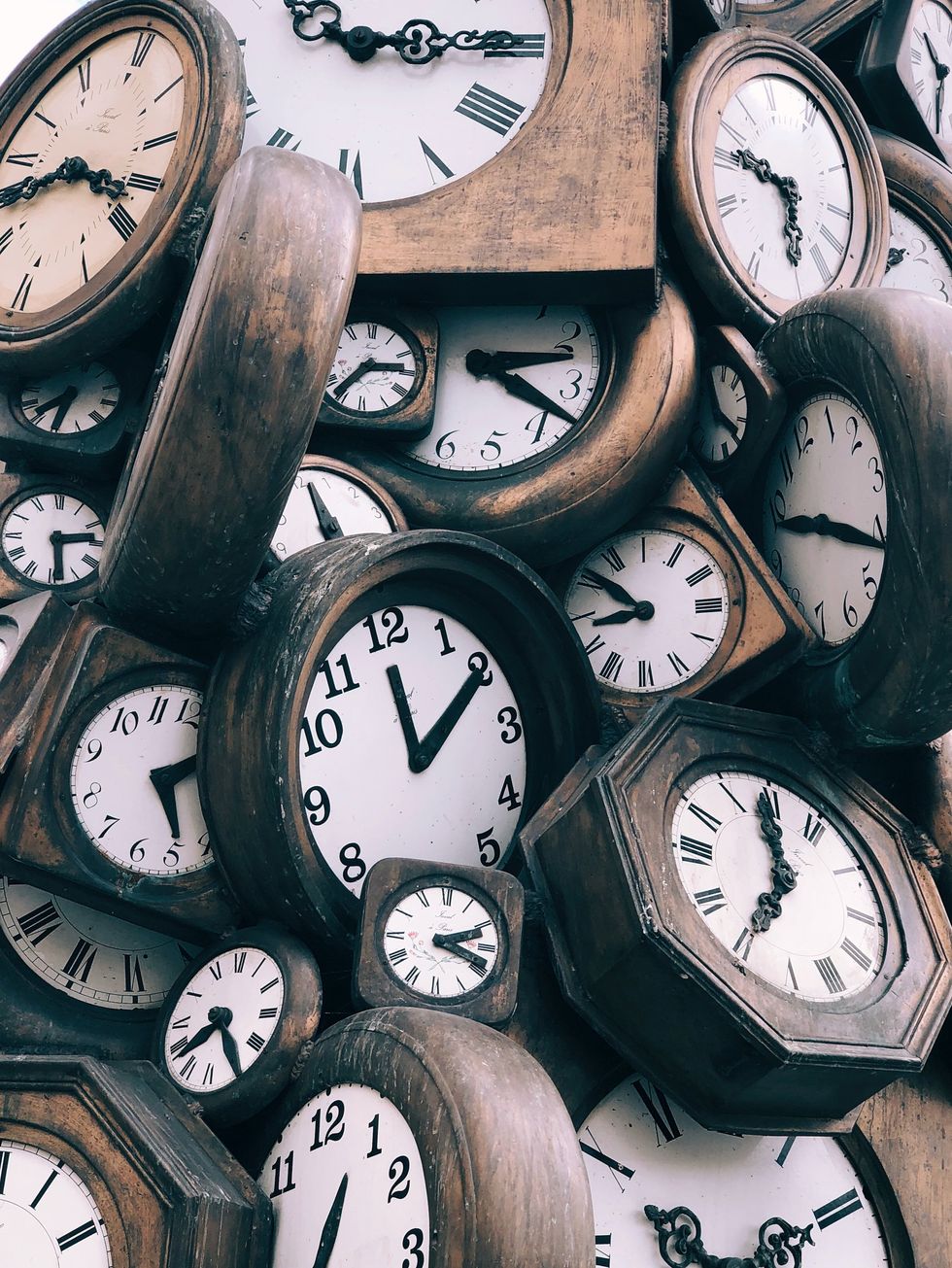It's very likely that you've been able to remember the first days of quarantine far more clearly than you do the months following it. As a graduating high school senior and incoming freshman at Hunter College, March 15th was the first day my classmates and I received news that we wouldn't be coming into school until April 20th. I can clearly recall the simultaneous confusion and excitement I felt at that time because I would be experiencing such an unprecedented situation firsthand. Although city schools were closing for the rest of the year, my graduating class was still somewhat hopeful that we would get to experience prom and graduation the way other years have before us.
As you may have noticed, our days in lockdown seem to have blended into essentially the same day that we've just been reliving on repeat. Although my high school has tried to accommodate for their seniors' lack of a graduation by having a virtual one, the day I officially graduated from high school felt like any other. With that being said, our emotional state has a huge impact on our perception of time, and a positive state of mind creates the illusion that time is passing quicker than the 23.9 hours it takes for Earth to make a rotation on its axis.
The beginning of quarantine is probably most memorable to us because unusual and negative events have a much greater imprint than the mundane or even eventful. Negative events also feel as though they last longer because they are associated with a negative state of mind (as previously mentioned) which is why the switch from attending class regularly to staying home, incessantly checking the news for updates on coronavirus-related death rates and taking precautionary measures such as wearing a mask and staying six feet away when visiting friends and loved ones has been especially jarring. It is important to note that not everyone has the luxury of being bored and some individuals are busier than others so they could be working or experiencing certain hardships in their homes, so even during their time during this pandemic they may look back and feel that this period of their lives lasted much longer than normal.
In the following months after the initial shock and switch in lifestyle, time seems to have become warped and is moving much faster than normal for some because while staying home and avoiding activities such as going shopping or exercising, we are adapting to the bare minimum of activities that are still accessible to us. We are also not taking part in particularly memorable activities because that would usually involve indulging in new experiences such as mingling with people outside of the circle you see every day. A similar phenomenon occurs with older age because as we get older there tend to be fewer novel events we experience, which causes time to feel as if it's going by faster than it did earlier in our lives.
Some things that an individual with time on their hands can do to have more control over how quickly time passes during quarantine is to create a list of tasks they plan to complete. Having a goal in mind or a self-appointed assignment can allow you to trick yourself into having a more eventful day. Pushing yourself to do things out of your realm of comfort or completing a task you've always thought to do but never had the time pre-quarantine such as learning how to play an instrument or reading a novel creates such an illusion. Journaling is also a great way to keep track of your day-to-day as well as is helpful for your mental state.
















